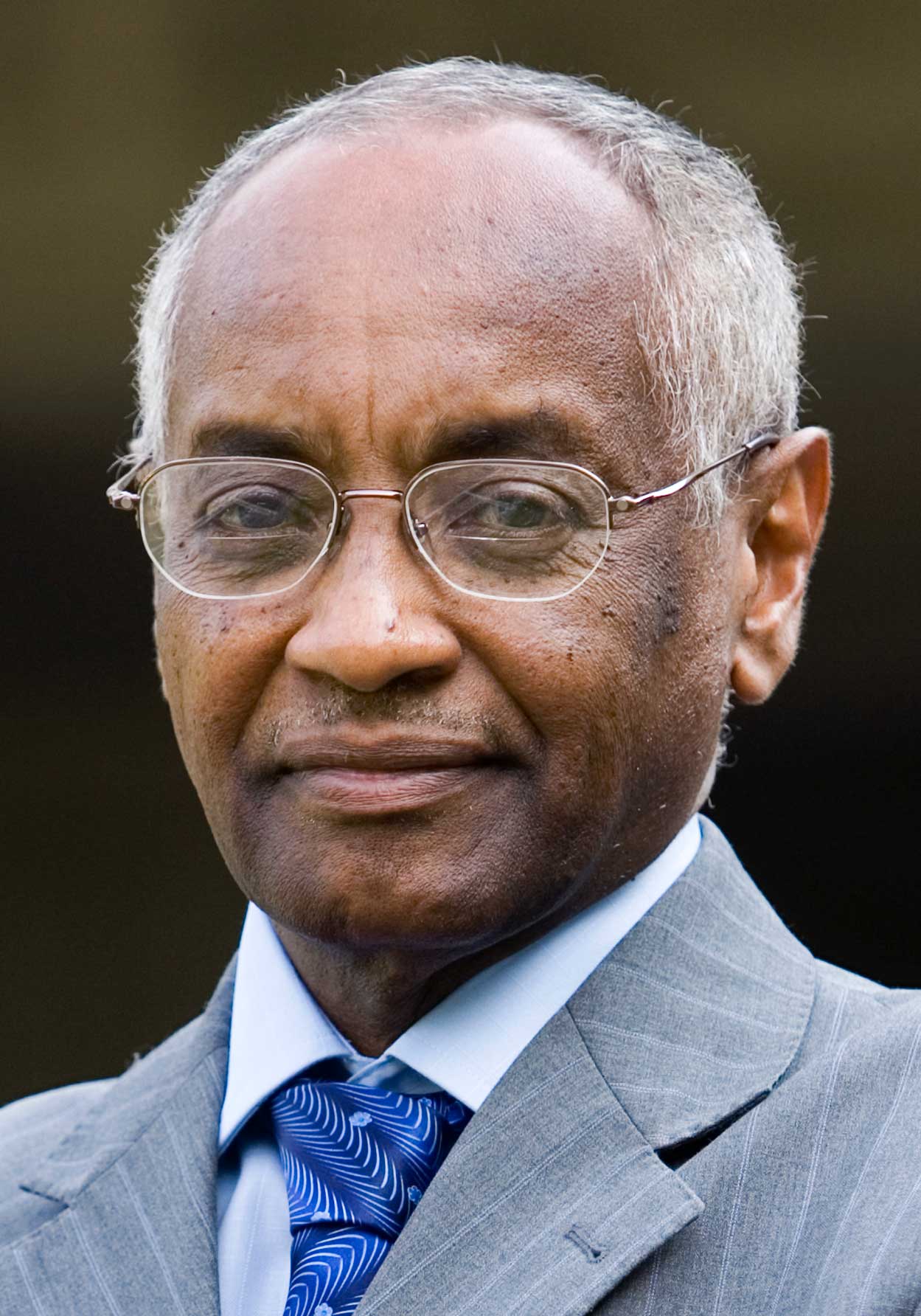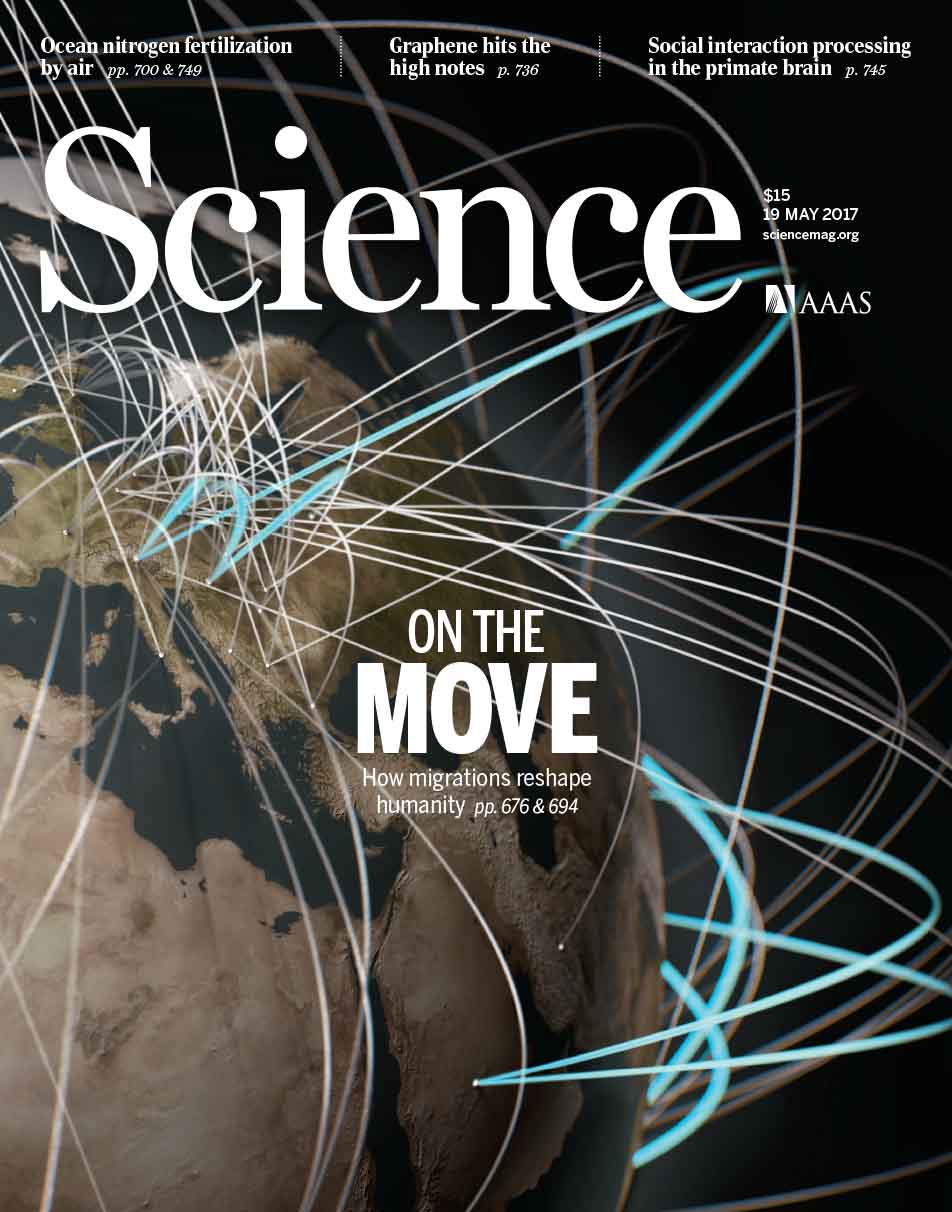 Understanding mass human migration and reducing its destabilizing effects requires joint efforts by scientists and policymakers in developed and developing nations, TWAS Executive Director Mohamed Hassan writes in the new issue of the journal Science.
Understanding mass human migration and reducing its destabilizing effects requires joint efforts by scientists and policymakers in developed and developing nations, TWAS Executive Director Mohamed Hassan writes in the new issue of the journal Science.
In an editorial for a special Science issue on migration, Hassan notes that not only Europe and North America suffer stresses from immigration. "When thousands of people, including many researchers, leave their home countries (in the South)," Hassan writes, "the exodus perpetuates instability in those countries and damages prospects for future development."
[Read the full editorial – "Migration: The choices we face" – in the 19 May 2017 special issue of Science.]
 The special issue of Science focuses on human migration. It comes just a week before leaders of the G7 group of developed nations convene in Italy 26-27 May for a summit that will focus on the issue.
The special issue of Science focuses on human migration. It comes just a week before leaders of the G7 group of developed nations convene in Italy 26-27 May for a summit that will focus on the issue.
Much of the concern about migration in Europe has been driven by the arrival of nearly 1.5 million refugees and migrants since 2015, many of them fleeing war and conflict in Syria, Iraq, Afghanistan and other nations in the region. But Hassan surveys the damage caused in those troubled countries: Syria, for example, has by one estimate lost half of its doctors. The wider region has lost "uncounted thousands of scientists, engineers and advanced students" in science-related fields.
Meanwhile, Africa's population is expected to double to 2.5 billion by 2050. That could generate a continuing pressure for migration, he predicts, unless North and South work together to encourage sustainable development and opportunities for young people across the continent.
Hassan urged a strong role for science in the field of migration: training and fellowships for refugee scientists; social science research on the causes and impacts of mass migration; and a major role for science diplomacy in bringing nations together in cooperative initiatives.
To encourage such cooperation, Hassan urged the G20 group of nations, which includes such emerging countries as Brazil, China, India and South Africa, to focus intently on migration. The G20 nations next meet this July in Germany.
How can policymakers and science organizations help refugee researchers land on their feet? A workshop co-organised by TWAS looked for answers.
Edward W. Lempinen

